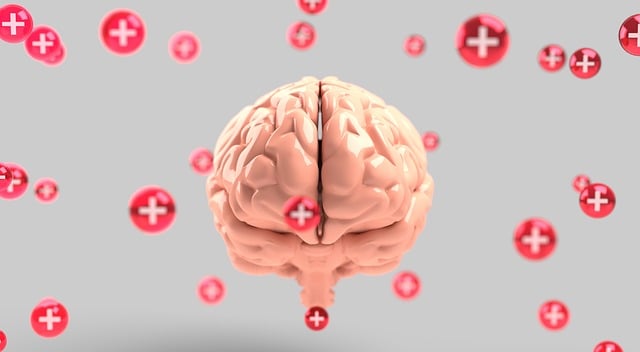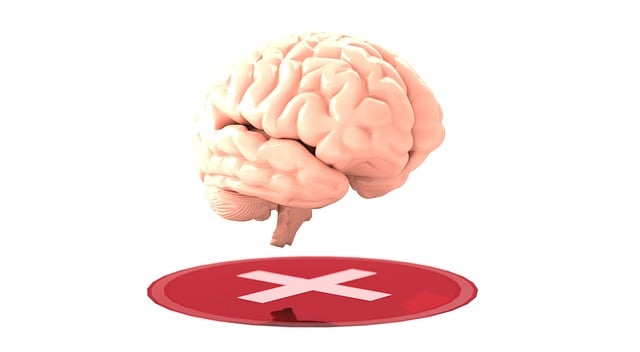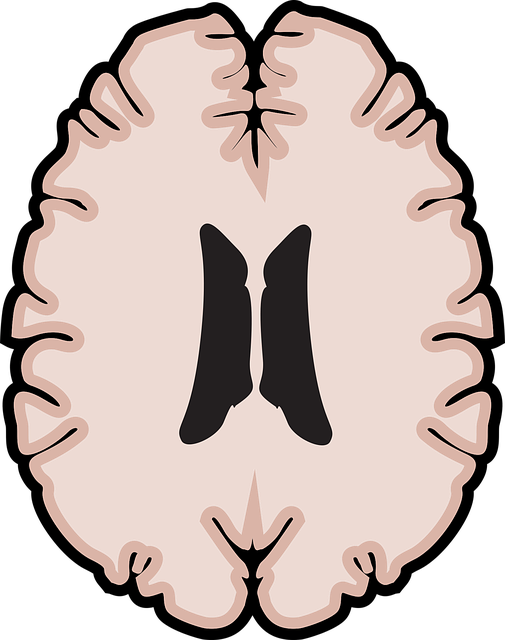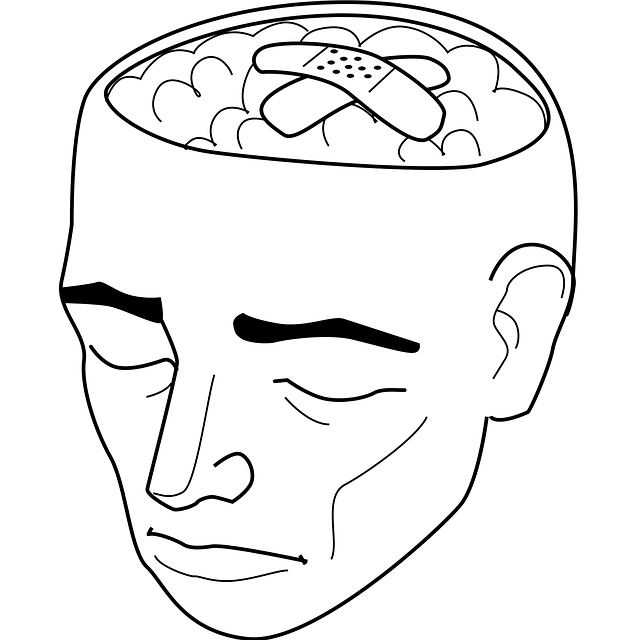Stress management workshops tailored for the elderly, focusing on their unique challenges like physical health issues, isolation, and financial worries, are crucial for mental health support. These sessions offer mindfulness techniques, guidance on self-care routines, and safe spaces for sharing, empowering seniors to combat stress, anxiety, and potential suicide risks. Follow-up strategies, including community education and ongoing coaching programs, reinforce these benefits, contributing to the overall well-being of vulnerable elders.
Stress management workshops tailored for seniors play a pivotal role in addressing the unique challenges and mental health concerns of the elderly. This article explores effective strategies for organizing such workshops, focusing on creating inclusive spaces and employing interactive techniques like mindfulness practices. By delving into these approaches, we aim to reduce stress and promote well-being among seniors, while also emphasizing the crucial aspect of suicide prevention through post-workshop follow-up strategies. Discover how these initiatives can foster a supportive environment for elders seeking therapy.
- Understanding Elderly Stress and Its Impact on Mental Health
- Creating an Inclusive Environment: Designing Effective Workshops for Seniors
- Interactive Techniques for Stress Mitigation: From Mindfulness to Social Support
- Implementing Post-Workshop Follow-Up Strategies for Suicide Prevention
Understanding Elderly Stress and Its Impact on Mental Health

Understanding the unique stressors faced by the elderly is paramount in maintaining their mental health and overall well-being. As people age, they often experience a myriad of challenges that can contribute to increased stress levels. These include physical health issues, isolation due to mobility restrictions or loss of loved ones, and financial worries. The impact of these stressors on mental health can be profound, leading to anxiety, depression, and even thoughts of suicide among the elderly population.
Addressing these concerns through targeted workshops and programs is a proactive approach to elder care. By implementing initiatives like therapy sessions tailored for elders, suicide prevention awareness campaigns, and promoting self-care routine development, we can empower this demographic to manage stress effectively. Moreover, healthcare provider cultural competency training ensures that professionals are equipped to address the specific needs of elderly individuals, fostering an environment that prioritizes mental wellness and offers accessible support systems.
Creating an Inclusive Environment: Designing Effective Workshops for Seniors

Creating an inclusive environment is paramount when designing stress management workshops for seniors. It’s crucial to consider the diverse needs and abilities of this demographic, ensuring every participant feels comfortable and valued. Incorporating accessible activities, clear communication, and a non-judgmental atmosphere fosters a sense of safety and encourages open dialogue about mental health challenges, such as stress and anxiety.
Effective workshops for seniors should go beyond mere information sharing. Engaging in practices like journaling exercises and positive thinking guidance can empower participants with valuable coping mechanisms. By weaving these techniques into interactive sessions, facilitators can promote mental wellness and even prevent suicide risk factors that may be exacerbated by loneliness and stress. Well-designed mental health education programs can help seniors navigate their feelings, build resilience, and discover a renewed sense of purpose in their later years.
Interactive Techniques for Stress Mitigation: From Mindfulness to Social Support

Stress management workshops play a pivotal role in equipping individuals with interactive techniques to combat stress effectively. Beyond traditional therapeutic methods, these workshops incorporate mindfulness exercises, breathing techniques, and guided meditations tailored for diverse age groups, including seniors. By fostering self-care practices, participants learn to cultivate inner strength and enhance their resilience.
Additionally, social support systems are emphasized as crucial elements in stress mitigation. Workshops create safe spaces where individuals can share experiences, offer encouragement, and build a sense of community. This interconnectedness not only alleviates isolation but also serves as a powerful tool for suicide prevention among vulnerable populations. Through confidence-boosting activities and group discussions, participants gain insights into managing stress holistically, promoting overall well-being and enhancing their ability to navigate life’s challenges with greater ease.
Implementing Post-Workshop Follow-Up Strategies for Suicide Prevention

After organizing stress management workshops, one of the most impactful ways to support participant well-being and prevent potential suicide risks is through effective follow-up strategies. This aspect is particularly crucial when focusing on therapy for elders, as older individuals may face unique stressors and mental health challenges. Implementing a structured post-workshop plan can help maintain and enhance the benefits gained from the session.
One such strategy involves leveraging public awareness campaigns to continue educating participants about suicide prevention resources available in their communities. Additionally, offering ongoing mental wellness coaching programs can provide much-needed support and guidance for those struggling with anxiety relief. By combining these initiatives, organizations can foster a sense of community and resilience, ultimately contributing to the overall well-being of workshop attendees.
Stress management workshops tailored for seniors play a pivotal role in enhancing mental well-being and preventing issues like therapy for elders suicide prevention. By creating inclusive environments, employing interactive techniques such as mindfulness and fostering social support, these programs equip elderly individuals with valuable tools to navigate stress. Implementing post-workshop follow-up strategies further reinforces their effectiveness, ensuring that participants can continue to access support and maintain improved mental health outcomes.














